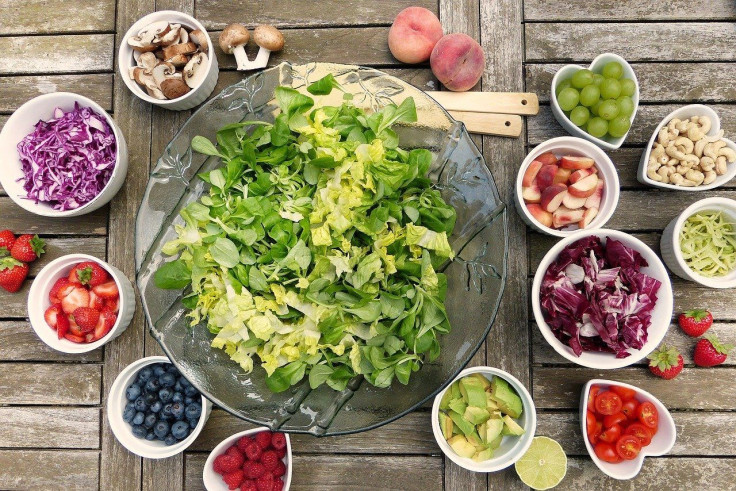Blood Pressure 130 over 80? Grill Can Still Be On

High blood pressure, or hypertension, is a silent disease that can damage your heart, cause strokes and contribute to other health issues. Nearly half of all adults in the United States have hypertension, but only a quarter have it under control, the CDC says.
When Numbers Change Your Life's Story
You feel fine, you might be a tad overweight. But that blood pressure your doctor's nurse just took off your arm isn't lying: your systolic and diastolic readings, aka known together as your blood pressure, are telling you that unless you find new ways to indulge yourself -- bag the fast food trips, no more 10 pm Rocky Road pints in front of the TV, and sorry, the bacon every weekend -- life as you know it might change for the worse.
But does that mean you'll never taste a barbecued rib or a burger again? Can life be that cruel?
Maybe not entirely, say researchers from the University of Warwick, in the United Kingdom.
The researchers published a review article in a recent issue of Journal of Hypertension, which looked at 41 studies that evaluated the effects of seven plant-based diets. The diets ranged from strict vegan to ones that allowed some animal-based foods:
- Healthy Nordic diet: Allows fish, eggs and small amounts of meat and dairy products, in addition to plant-based foods.
- High-fruit and vegetable diet: No animal products
- High-fiber diet: Focuses on whole grains and legumes, in addition to plant foods
- Lacto-ovo vegetarian diet: Allows dairy and eggs
- DASH diet: Fruits, vegetables, whole grains, nuts, seeds, and small amounts of low-fat dairy products.
- Mediterranean diet: Same as DASH, but with limited intake of meat
- Vegan diet: Plant foods only.
After reviewing the studies, which included over 8,000 participants, the researchers found the diets which permitted some meat also lowered blood pressure levels. This is good news for people who find it harder to maintain a stricter vegetarian diet, something that isn’t always possible given social and financial considerations.
“A systematic review and meta-analysis of these studies showed that most of these diets lowered blood pressure," lead author Joshua Gibbs, said in a university press release. Gibbs is a student at the University of Warwick School of Life Sciences. “The DASH diet had the largest effect reducing blood pressure by 5.53/3.79 mmHg compared to a control diet, and by 8.74/6.05 mmHg when compared to a ‘usual’ diet.” He added that this shows that while plant-based diets are often successful in helping lower blood pressure, it’s not necessary to stop eating every meatball sandwich or barbecued kebab to get a similar effect. Just remember that limited meat intake doesn’t mean eating steak every day.
Consult a Dietitian
Since each person’s health situation is unique, it’s a good idea to speak with a dietitian before making any drastic dietary changes. A dietitian can review your likes and dislikes, along with your health status. They may offer food preparation tips as well as diet suggestions. Call your insurance company to see if your policy allows for meeting with a dietitian or ask your doctor if there is one affiliated with the practice or if they have any recommendations.
In the meantime, here are some tips from the Mayo Clinic to help you reduce your risk of developing hypertension or to help lower your blood pressure if it is higher than it should be:
- Try to maintain a healthy weight. If you need help, speak with your doctor; those who do have a better chance of losing the weight.
- Cut back on unhealthy processed and high fat foods, and additives, like salt and sugar. If you use salt to flavor your foods, experiment with herbs and spices. Many, like cinnamon and garlic, come with their own health benefits -- although you might not want to put them in the same recipe ...
A high blood pressure pronouncement doesn't have to be a lifelong sentence. A little lifestyle moderation can go a very long way.
Published by Medicaldaily.com



























